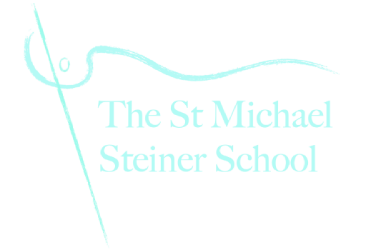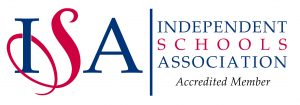Learning Support
We recognise that all children have individual needs and admit children with ‘Special Educational Needs’ wherever possible, given the nature of the building we occupy, the make-up of the group that the particular child would enter, and the availability of additional classroom support if needed. Children with SEN are fully integrated into their classes and we watch their development carefully and try to give them all the support they need to develop and balance the abilities they have brought into the world.
It is important that parents of children with SEN understand that we will work with their children in a way that is significantly different from that used in other schools and that they are able to support us. We believe that the child is aware of the trust and confidence that parents have (or don’t have) in their teachers. In regular meetings with parents, we listen to concerns and try to find the best ways to help the children. All discussions at these meetings are confidential and records are kept.
There are important aspects of Steiner Waldorf education which have a positive effect on all children but which are indispensable for children with SEN. In addition to the benefits of the Class Teacher system and Main Lesson blocks described earlier, teaching through stories, descriptive language and mental images involves the child’s imagination and feeling life. The child becomes immersed in what he is learning, subjects are related to one another and are understood more deeply. This in turn means that he can remember what he has learned because the world he is learning about is not composed of many isolated bits of information that have to be remembered individually, but is experienced as a cohesive whole of which he is part.
We do not use text books in the Lower or Middle School; in the High School the students have access to text books for research, but teachers still present their lessons verbally. This means that children who cannot read are able to access their lessons and can join in with discussions and ask questions. Recitation of poetry and prose is a daily part of the curriculum. The children learn poems and speeches by heart. Clear enunciation and voice quality are stressed and we use tongue twisters and other vocal exercises. This helps with vocabulary, grammar but also with spelling as, if words are spoken clearly, it is easier to hear how they are constructed. Skills such as drawing, painting and craftwork are valued as highly as academic ones and are part of every subject. This gives every child an opportunity to shine and builds confidence and self-esteem.
Movement lessons in Eurythmy and Bothmer Gymnastics, both of which are also used as therapies, are a regular, weekly part of the school’s curriculum. Eurythmy works in an artistic way with rhythm, co-ordination and balance and can help with many things including sequencing, tracking (eyes) and flat feet. Bothmer Gymnastics, a gymnastic form of movement, develops spatial awareness and strength and also includes social games.
In Steiner Waldorf schools we work with Child Study, a concentrated study of one child at a time, undertaken by all the teachers in the school. During this time, the teachers observe the chosen child, meet together to discuss what they have noticed, consult parents, look at the child’s work and study his/her background and early life. Ideally every child in the school is studied in turn. This means that all the teachers know all the children well.
Because these things are part of the normal curriculum in Steiner Waldorf schools, children are able to benefit from them without having any special treatment. It has been our experience that being taken out of the class for extra help reinforces a child’s feeling that he is different and this can severely inhibit his willingness to be helped. For this reason, as much as possible, support is given in the classroom, but there are times when a child needs some one-to-one help. When this is necessary, we try to do it as sensitively as possible. The School may also call on professionals, to give advice and/or therapies.
We offer differentiated learning opportunities to help each individual child to develop at his/her own pace; e.g. taking into account learning English as a second or third language (seen as an obvious advantage, rather that necessarily a learning difficulty), and also those who may have particular learning difficulties. It is not assumed that all children will progress at the same rate or reach the same level, but that all will progress.



